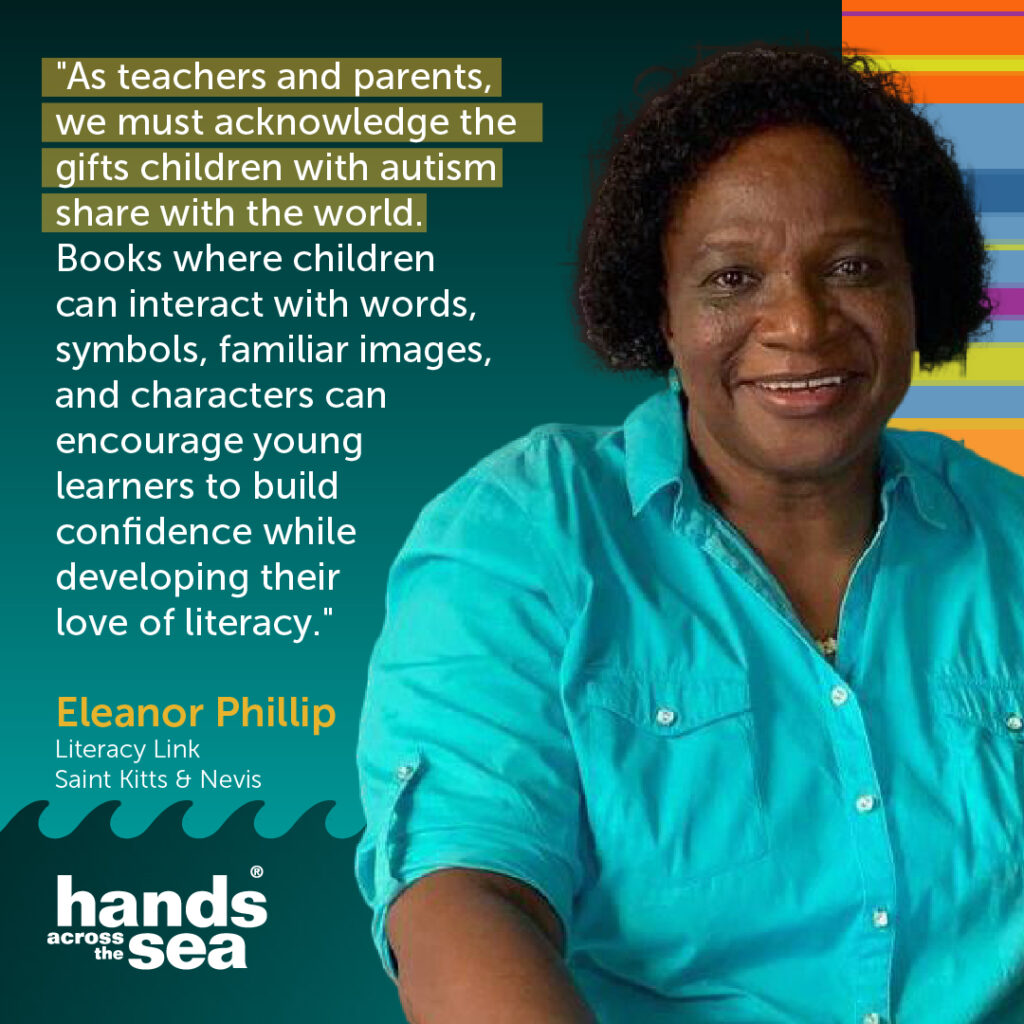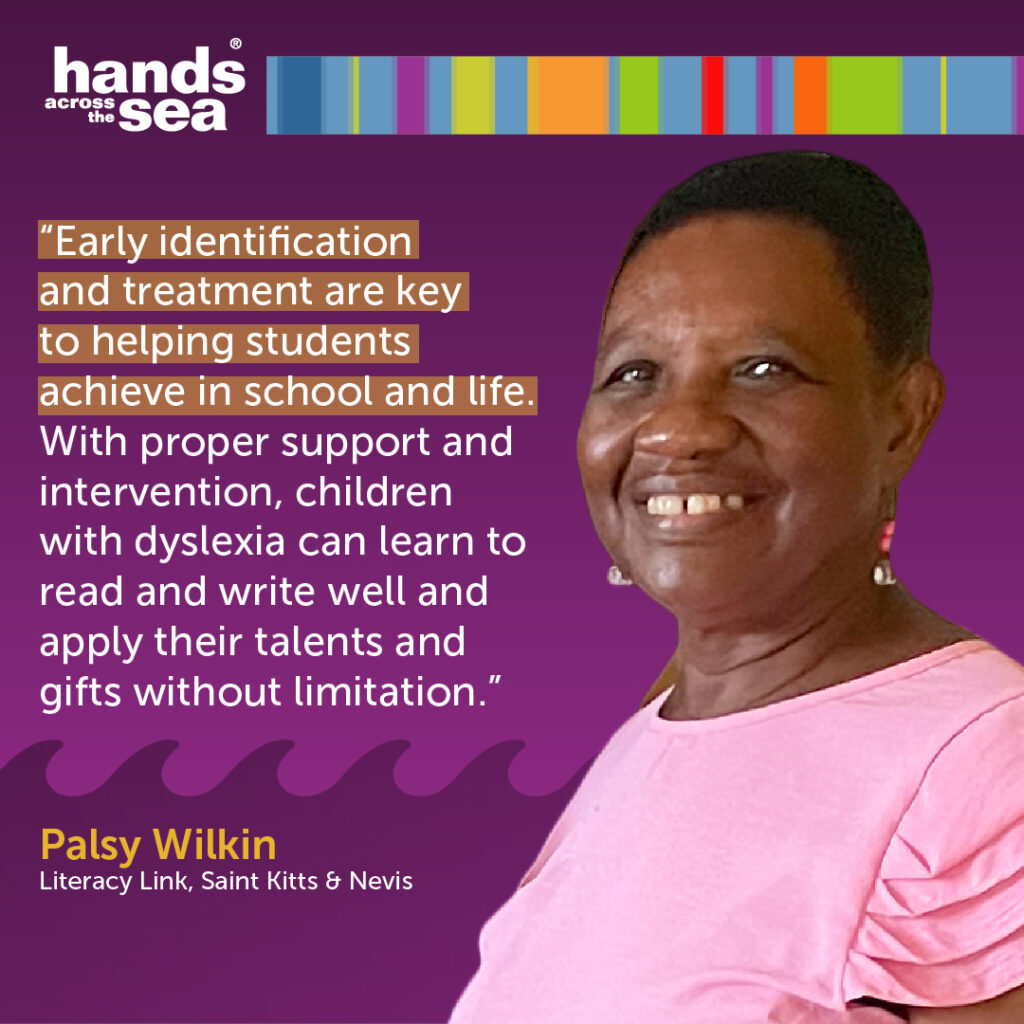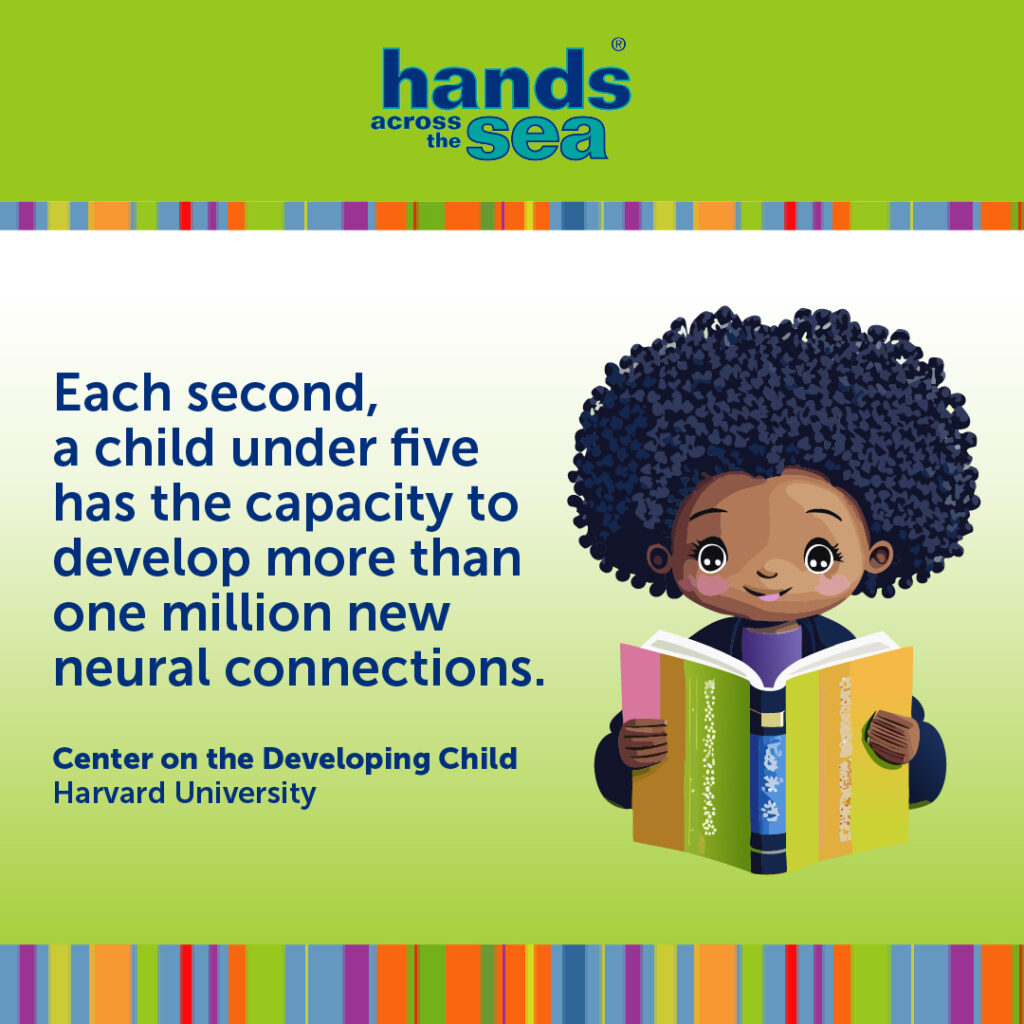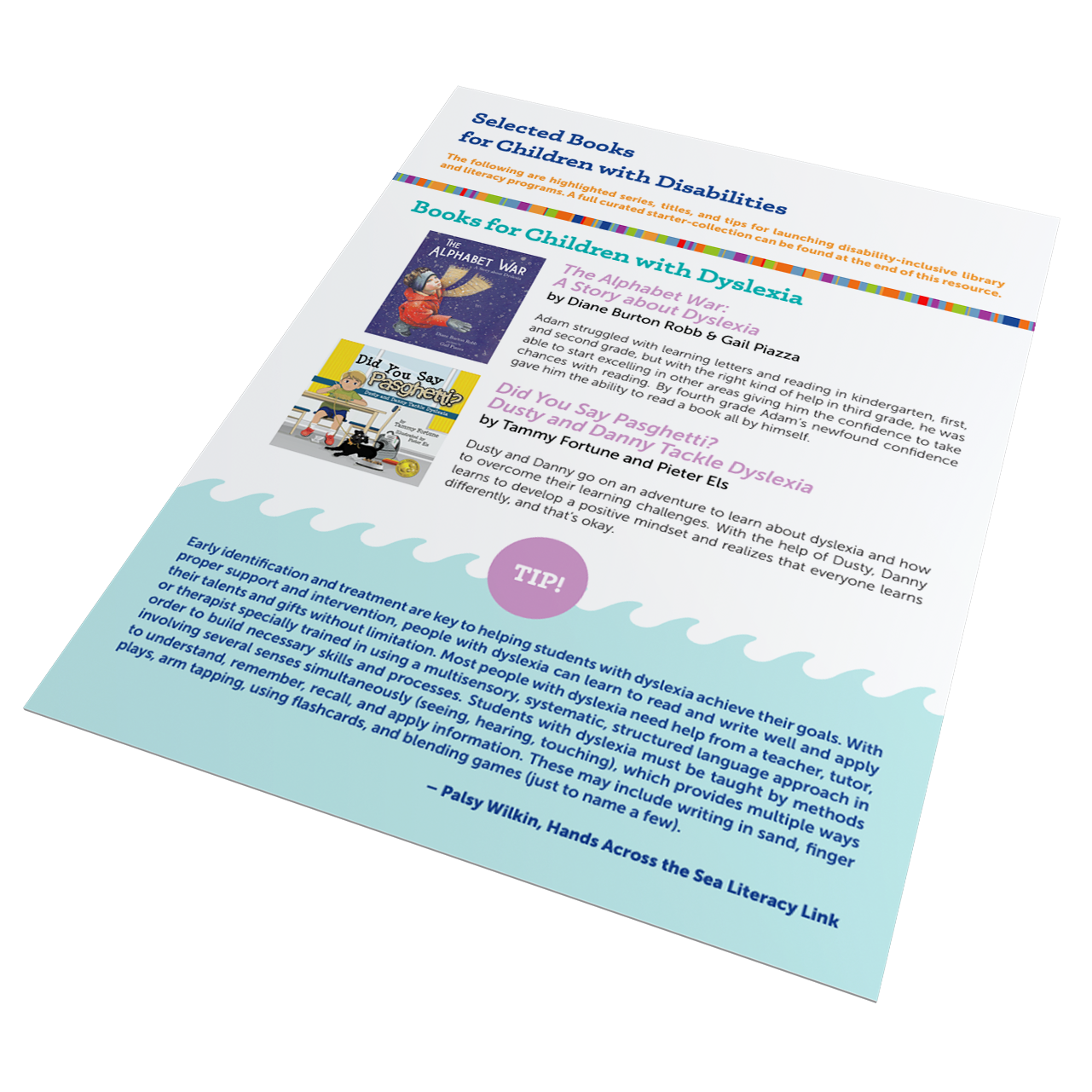Fostering Inclusive Education for All Abilities
This month we celebrate Developmental Disability Awareness Month to highlight the beautiful array of people and children who make up the constellation of our lives and communities.
Stigma still persists around developmental disabilities, special education, and accessibility. New models and approaches to assisting people with all abilities are becoming more mainstream as the movement for neurodiversity and neurodivergence becomes a part of design language. Hands Across the Sea is pleased to support children with disabilities of all kinds through its infusion of relevant books and materials into local libraries. Read on to find out why this issue is so critical.
Supporting All Learning Abilities
“Like all children, children with disabilities have ambitions and dreams for their futures. Like all children, they need quality education to develop their skills and realize their full potential.” - UNICEF
Hands is fully committed to this goal, and it’s important to understand the challenges SEN learners face.
Research, approach, and treatment around developmental disabilities is often particular to cultural and geographical contexts. In the US, the developmental disabilities movement has shifted into a broader conversation around neurodiversity and neurodivergence. In the neurodiversity movement, we can move away from frameworks that overly pathologize cognitive differences. Through the lens of neurodiversity, specific mental and developmental differences are viewed through the lens of divergence, or “difference”; a person may be treated as neurotypical or neuroatypical relative to different capabilities and limitations.

In the communities where we work across the Eastern Caribbean, the term Special Education Needs (SEN), prevails as the current terminology for working with adults and children who have learning and developmental disabilities.
While Hands Across the Sea has long had a presence in both schools where students with special needs are enrolled, as well as in specific schools solely dedicated to children with special needs, we have eagerly awaited the opportunity to begin a focused effort in building library and literacy programs that could more adequately meet the interests and efforts of teachers and learners in the region. That time has come.
Partnering with the Organisation of Eastern Caribbean States
“Improve the quality of access to Early Childhood Education and Special Education by increasing access to quality pre-primary services, improving services for vulnerable children, and enhancing teacher professional development.”
Knowing sweeping programmatic initiatives, public outreach, and training were on the horizon, Hands readied itself to partner with the OECS as they undertook major strategic and curriculum growth to pursue a harmonized approach to creating more opportunities for inclusive and accessible learning.
Identifying Learning Gaps to Seek Solutions

The survey revealed the challenges, circumstances, and opportunities for addressing education equity gaps in the region; over 12 percent of children in Latin America and the Caribbean have moderate-to-severe disabilities. In a population of approximately 120,000, this means up to 15,000 children may have Special Education Needs. Stakeholders believe that the most common SEN in the school-aged population of the OECS are Learning Disabilities, Autism Spectrum Disorder, and Attention Deficit Hyperactivity Disorder, with these SEN more common in boys than girls. Many students may also have 2 or more co-occurring conditions.
These issues impact oral reading, reading comprehension, writing, and mathematics. Unfortunately, many of these children have not been formally diagnosed, so providing services for these vulnerable learners has been difficult. Almost 6 in 10 student respondents indicated that they had learning difficulties.
Providing Equal Access
Inclusive education effectively ensures that all children have the same chance they need and deserve to develop skills to succeed and thrive. According to UNICEF, “Inclusive education allows students of all backgrounds to learn and grow side by side, to the benefit of all.” Hands Across the Sea is committed to making sure children see themselves in the stories they read, and that they have access to vital books and resources that are targeted to their interests, needs, and reading levels.
Through a harmonized approach to inclusive education, Hands Across the Sea is collaborating with schools across the Eastern Caribbean beginning in the 2023-24 school year to build targeted book collections and recommended reading lists that support all students in libraries throughout the region under our flagship CLASS program.
Beginning with 5 schools in Saint Kitts and Nevis, Antigua and Barbuda, Hands curated a collection of special education books and resources that would more fully support inclusive learning goals while providing students an opportunity to connect and reflect upon characters whose stories could be a window into their own lives and experiences. These culturally responsive texts are both skills-based and topically oriented to maximize interest for readers and young learners.
Recipient schools have been reaching out with highest levels of praise and enthusiasm over these donated collections. These books will be available in school libraries and resource centers and are an accompaniment to new policies and educational trainings that are being implemented across the islands.
In the 2024-25 school year, Hands will begin to scale these starter SEN library collections. A SEN resource collection guide will also be provided to the OECS Education Management Unit and the Ministry of Education in each of our operating countries to further support their mutual efforts for a harmonized approach to targeted education intervention.
Hands is pleased to support students and schools through the donation of relevant books and materials that help ensure that all children, regardless of learning ability, has the chance to thrive and grow.


